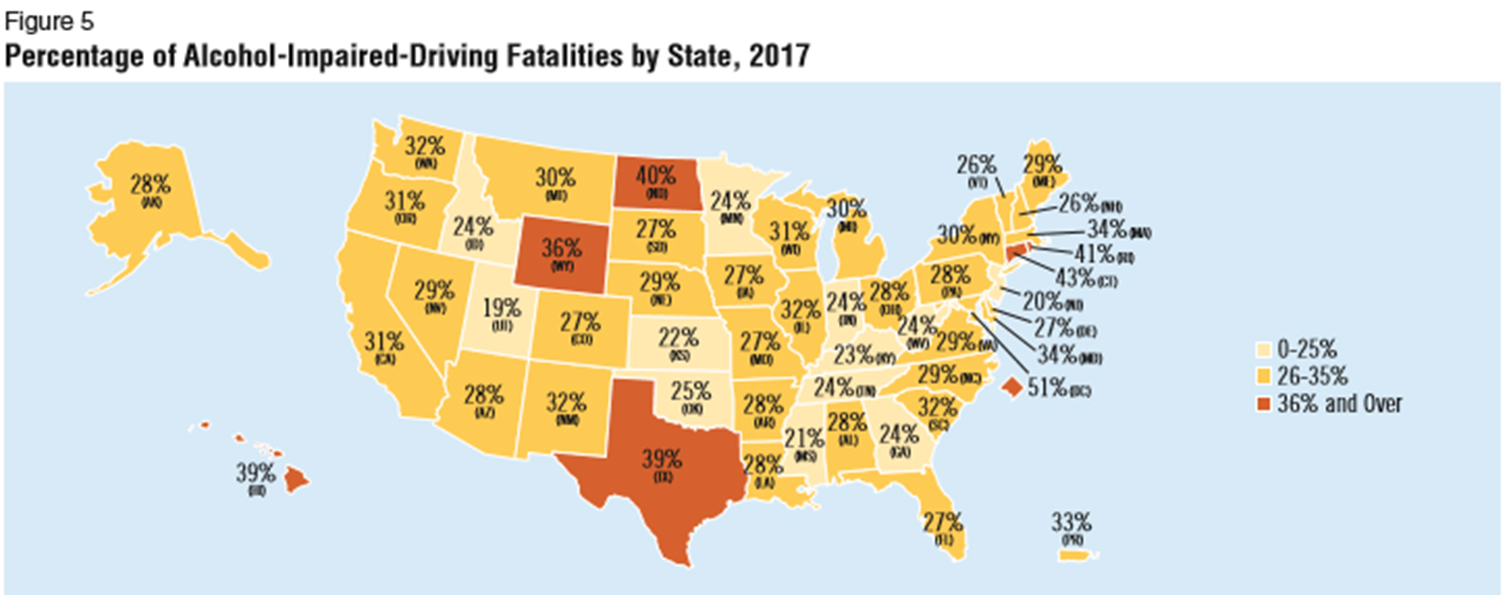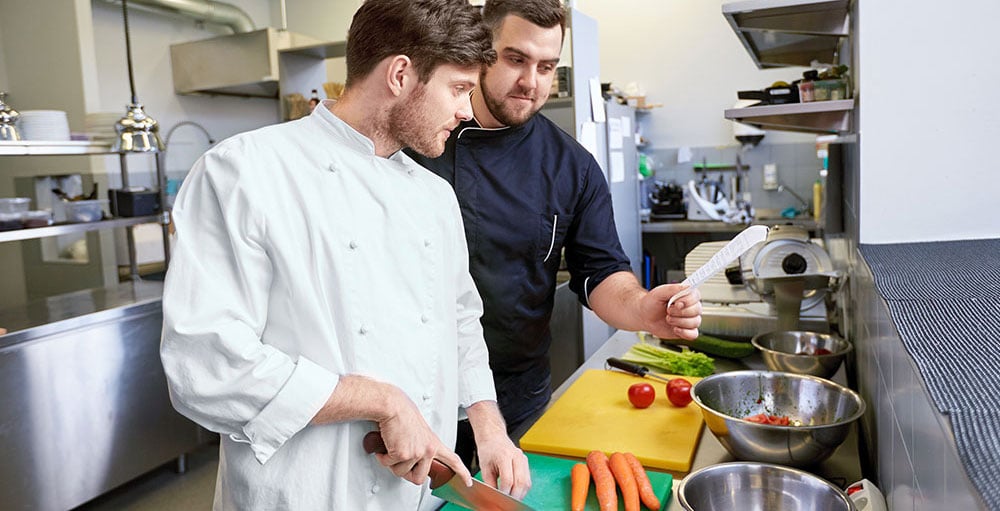Why the food manager certification texas Can Transform Your Career in the Food Industry
Why the food manager certification texas Can Transform Your Career in the Food Industry
Blog Article
Increase Your Task Opportunities: Why a Food Handler Certificate Is a Must-Have in the Culinary Sector
In today's competitive culinary landscape, the importance of a food handler certificate can not be overstated. This credential not just shows an individual's commitment to keeping food safety criteria but likewise serves as an important property in improving employability within the industry. As restaurants and food solution facilities increasingly focus on certified staff, experts furnished with this accreditation stand to gain a significant benefit. However, the implications of this certification expand past plain employability; they can also affect wage possible and occupation development. Checking out these facets exposes a deeper understanding of why this certification is a tactical investment for cooking specialists.
Relevance of Food Safety
In the cooking market, the value of food security can not be overemphasized. Infected food can lead to significant wellness problems, including foodborne ailments, which can influence individuals and lead to significant responsibility for food facilities.
Food safety and security encompasses a range of procedures, including appropriate food handling, storage space, food preparation, and offering methods. Complying with these practices not just decreases the danger of contamination yet also helps in complying with regional health and wellness laws. Correct training in food security enables cooking professionals to acknowledge possible risks and apply safety nets effectively.
Furthermore, a strong commitment to food security can enhance the online reputation of a cooking facility, fostering consumer loyalty and business development. Customers are significantly aware of food security concerns, making it vital for food handlers to demonstrate their adherence to best practices. Ultimately, focusing on food security is not just a regulative need; it is a basic facet of supplying quality food service and shielding the wellness of clients.

Certification Demands
Food safety and security techniques are only as reliable as the individuals implementing them, making accreditation an essential step for food trainers in the culinary sector. To obtain a Food Handler Certificate, prospects have to normally finish a training program that covers essential topics such as foodborne diseases, cleanliness, personal hygiene, and risk-free food managing methods.
The majority of certification programs are designed to accommodate various learning styles, providing options for online, in-person, or hybrid formats. Participants must pass an examination to demonstrate their understanding of the material, with a minimum passing score frequently set at 70%.
The duration of training can vary, with some programs needing only a few hours, while others may cross a number of days. After efficiently finishing the program and exam, candidates receive their certification, which is generally legitimate for 3 to five years, depending on local laws.
Revival commonly includes retaking the training course or finishing a refresher program to ensure that food handlers remain updated on the most up to date techniques and criteria. Compliance with these certification needs not just enhances specific understanding however additionally adds to the overall safety and top quality of food service operations.
Work Market Demand
The need for food trainers has actually substantially increased, largely driven by the expanding understanding of food security and hygiene among consumers and governing bodies. With the increase of foodborne diseases, restaurants, providing services, and food production firms are prioritizing the hiring of qualified food trainers to ensure conformity with wellness guidelines.
Moreover, the broadening dining establishment market, especially with the emergence of food shipment solutions and food trucks, has produced a wealth of job opportunities for food handlers. The demand for skilled workers who can safely prepare and manage food has actually become critical. servsafe food handler certificate. Furthermore, as cooking organizations adopt much more rigid safety and security protocols, the value of a food handler certificate has increased, making it an essential asset for task applicants
Therefore, individuals getting in the culinary workforce are finding that obtaining a food handler certification not only enhances their employability yet also places them favorably in an affordable work market that significantly prioritizes food security and hygiene standards.
Advantages of Accreditation
Obtaining a food trainer certificate supplies many advantages that significantly boost an expert's standing in the culinary sector. It demonstrates a dedication to food security and hygiene, which is critical in preventing foodborne illnesses. servsafe food handler certificate. This certification outfits individuals with from this source essential expertise concerning safe food dealing with practices, consisting of correct storage space, cooking temperatures, and hygiene treatments
Furthermore, possessing a food trainer certification can boost a person's employability. Numerous companies focus on candidates with this qualification, seeing it as an indicator of professionalism and reliability and expertise. This can result in better work opportunities and possibly greater salaries, as certified people are frequently delegated with greater responsibilities.
In addition, the certification promotes a society of safety and security and accountability within the office. Maintaining a food trainer certification can open doors to more instructional and occupation development opportunities within the cooking area. servsafe food handler certificate.
Steps to Get Qualified
Obtaining a food handler certification entails a straightforward visit the website procedure that can set people on a path to enhanced job potential customers in the culinary sector. The initial step is to locate an approved program or training provider that uses food safety training courses. Lots of organizations supply both in-person and on the internet options, permitting for flexibility in understanding.

After successfully passing the examination, people will get their food trainer certificate, which is commonly legitimate for a particular period, generally three to five years. To preserve accreditation, it might be essential to complete correspondence course or retake the examination prior to the expiration date.
Last but not least, it is very important to verify any local or state-specific policies relating to food trainer certification, as requirements can vary. By complying with these actions, people can get their certification and dramatically boost their employability in the affordable culinary landscape.

Verdict
In verdict, obtaining a food handler certificate is vital in the cooking market, as it makes certain adherence to food safety and security standards and enhances employability. With the growing need for licensed personnel, this credential not only opens up doors to work chances yet also adds to career advancement and enhanced making possibility. Inevitably, a food trainer certification signifies a commitment to safety and expertise, cultivating a culture of accountability that benefits both workers and employers in the food service market.
Report this page